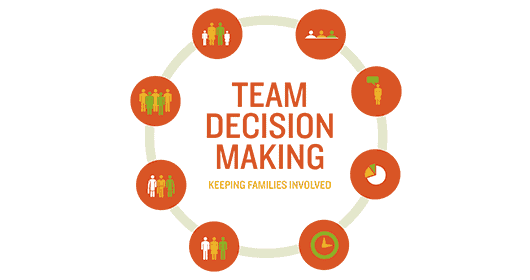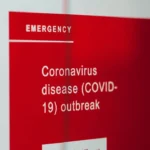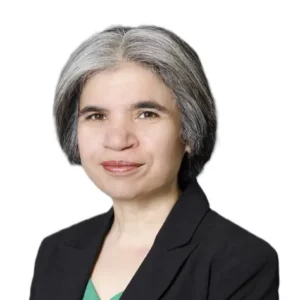Multi-disciplinary assessment is an assessment carried out by different professionals in Children with Autism Spectrum Disorder is always better than conducted by one specific discipline. This is why multi-disciplinary assessment or intervention is better in autism treatment.
In a multi-disciplinary team, each person carrying out the assessment will have different areas of expertise. For example, an assessment at Symbiosis may be administered by a Board-Certified Behavior Analyst, Behavior Consultant, Speech-Language Pathologist, and an Occupational therapist. All these professionals’ findings will be amalgamated at the end of a Comprehensive assessment to provide a holistic review of the child’s performance focusing on lots of different functional aspects and domains.

A multi-disciplinary assessment is usually most appropriate for children with Autism that need to be considered together as a whole. They may also be useful for children and families seeking therapy interventions for a specific condition (for example, Autism Spectrum Disorder) and this is also why multi-disciplinary assessment or intervention is better in autism.
- Different areas of expertise will allow a holistic view of a child.
- Many different aspects of the child’s challenges can be addressed within a limited time.
- Different professionals trained in observing specific needs of the child can collaborate and discuss their findings with more than one specific professional or service provider.
Why is a multi-disciplinary assessment needed?
A multidisciplinary assessment may be needed if a child with Autism has multiple areas of difficulty that would benefit from being assessed as one. It may also be needed if a child has complex challenges that require lots of expert support. A multidisciplinary assessment may also be required if a second opinion is required from a different professional, which can then be provided during the assessment process itself. This clearly illustrates why multi-disciplinary assessment or intervention is better in autism care.
Some examples of conditions that may require a multidisciplinary assessment include:
- Autism Spectrum Disorders
- ADHD
- Acquired Head / Brain injury
- Cerebral Palsy
- Down’s Syndrome
- Learning Disabilities

Following your multi-disciplinary assessment, each member of the team will write a short report of their findings. These reports may provide specific advice to help manage each of the difficulties that were identified during the assessment. This will help to gather a holistic view of the child’s problems, different goals can be identified and prioritized as necessary.
A multidisciplinary assessment is an assessment that is administered by lots of different members of a professional team that have different areas of expertise. The report may also provide some recommendations for the treatment that may be beneficial depending on the child’s needs, abilities, and goals.
If you would like to learn more about our multi-disciplinary assessment service, do not hesitate to contact info@symbiosispediatrictherapy.com or call us at 778-395-8752.












